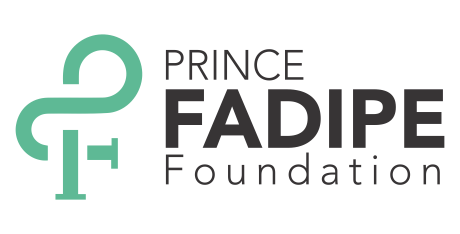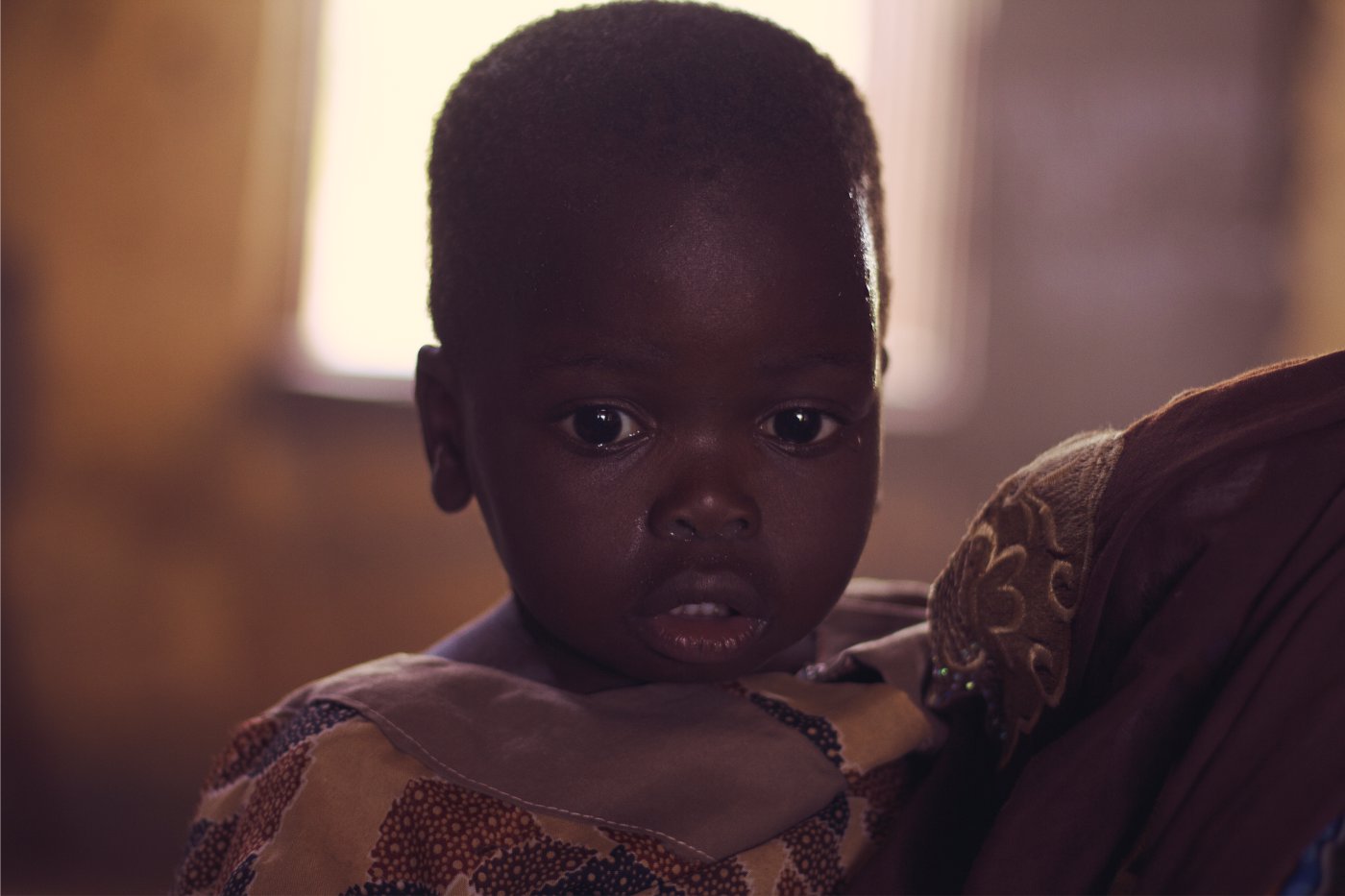Humanitarian Programs
We work from state to state or from camp to camp (for the IDPs)
- An oversight committee scouts for communities faced with a humanitarian crisis
- Speak with the community leaders to determine their most pressing needs
- The board of trustees chooses a project and allocate resources
- Invite volunteers and partners on all digital channels
- Assign a team of volunteers to develop strategies on how best to execute the project
- Combine all human and material power to ensure the project’s success
- Measure and evaluate the results for better future program outcomes




